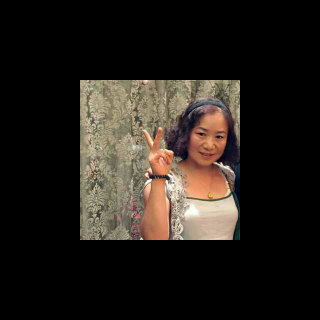
介绍:
Passage 2
Scripts and answers
Florence Nightingale was a celebrated English social reformer and the founder of modern nursing. She became famous while serving as a nurse during the Crimean War, where she tended to wounded soldiers. Early 21st century 1) ________ have asserted that Nightingale’s achievements in the Crimean War had been 2) ___________ by the media to satisfy the public’s need for a hero. But later on her achievements remain widely accepted and she has generally been well regarded by historians.
Nightingale was born to a wealthy upper-class family, at a time when women of her class were expected to 3) __________ marriage and child bearing. Her father had progressive social views, providing his daughter with a well-rounded education that included math, and supported her desire to 4) _____________. Nightingale rejected proposals of marriage so as to be free to pursue her calling. In 1860, Nightingale 5) __________ of professional nursing with the establishment of her nursing school in London. It was the first nursing school in the world. The Nightingale Pledge taken by new nurses was named in her honor, and the 6) ________International Nurses Day is celebrated around the world on her birthday. She made 7) ________ social reforms including improving health care for all sections of British society; improving health care and 8) ________ for better hunger relief in India; helping to 9) _______ laws that were overly harsh to women; and expanding the acceptable forms of female participation in the workforce. Nightingale’s ability to effect reform rested on her extraordinary skills, her good reputation, and her network of 10) __________ friends.
Passage 2
Scripts and answers
Florence Nightingale was a celebrated English social reformer and the founder of modern nursing. She became famous while serving as a nurse during the Crimean War, where she tended to wounded soldiers. Early 21st century 1) commentators have asserted that Nightingale’s achievements in the Crimean War had been 2) exaggerated by the media to satisfy the public’s need for a hero. But later on her achievements remain widely accepted and she has generally been well regarded by historians.
Nightingale was born to a wealthy upper-class family, at a time when women of her class were expected to 3) focus on marriage and child bearing. Her father had progressive social views, providing his daughter with a well-rounded education that included math, and supported her desire to 4) lead an active life. Nightingale rejected proposals of marriage so as to be free to pursue her calling. In 1860, Nightingale 5) laid the foundation of professional nursing with the establishment of her nursing school in London. It was the first nursing school in the world. The Nightingale Pledge taken by new nurses was named in her honor, and the 6) annual International Nurses Day is celebrated around the world on her birthday. She made 7) a series of social reforms including improving health care for all sections of British society; improving health care and 8) advocating for better hunger relief in India; helping to 9) abolish laws that were overly harsh to women; and expanding the acceptable forms of female participation in the workforce. Nightingale’s ability to effect reform rested on her extraordinary skills, her good reputation, and her network of 10) influential friends.
大家还在听

